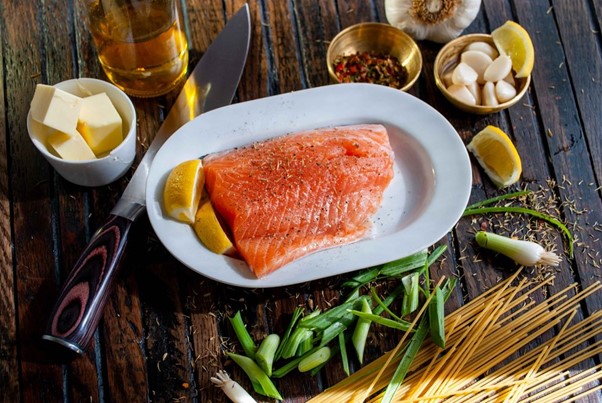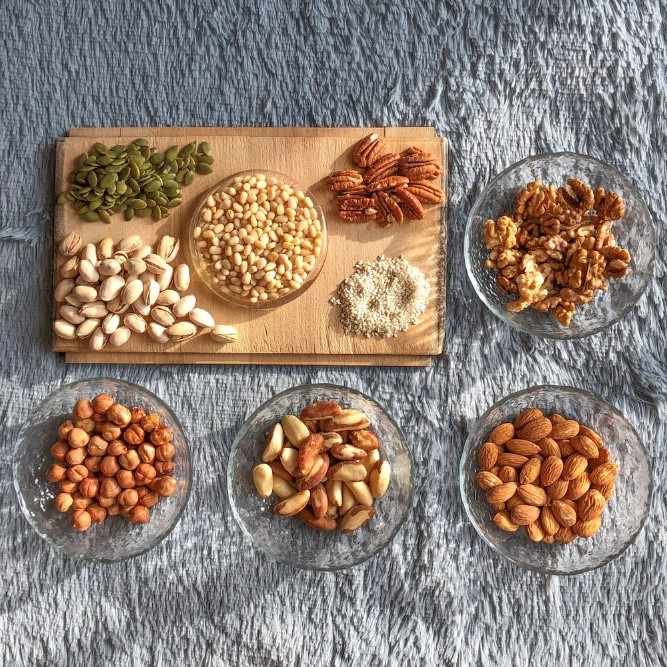
How to balance your blood sugar
What to eat – To balance blood sugar levels eat three well balanced meals a day. Every meal should contain healthy fats, carbohydrates from whole grains or vegetables and good quality protein. Avoid snacking and try not to eat too late at night and don’t forget to drink water. Eating a Mediterranean style diet has been shown, in studies, to improve blood sugar control and overall health. The Mediterranean dietary pattern is characterised by the high consumption of fruits, vegetables and salad, whole grain cereals, potatoes, legumes/beans, nuts, and seeds. Dairy products, like cheese and yogurt, fish, shellfish, and poultry are consumed in low to moderate amounts, whereas little red and processed meat is eaten, and eggs are consumed up to four times a week (Mazzocchi and Leone et al 2019).
GI ratings – Carbohydrates with a GI over 70 are usually considered to be High GI and are best avoided. Those with a rating under 50 are considered Low GI and should make up about half of your plate. Those in between can be eaten occasionally in place of low GI foods.
Here are some examples of low glycaemic index foods. They are the ones with a number that’s 50 or less. Some of these include:
Low glycaemic index foods:
- Vegetables: Peppers, broccoli, tomatoes, lettuce, eggplants.
- Fruits: Strawberries, apples, pears.
- Legumes: Chickpeas, beans (dried or boiled), legumes.
- Dairy: Whole/full-fat milk, plain yogurt.
- Sweets: Dark chocolate with more than 70% cocoa.
- Nuts: Cashews, peanuts.
High glycaemic index foods:
High glycaemic index foods tend to have a number over 70 and include:
- Processed foods: Corn chips, pretzels, crisps
- Sugar-containing beverages: fizzy drinks, sweet tea/coffee, alcohol, sports drinks.
- Fast food: Cheeseburgers, fried chicken, pizza.
- Bakery/grains: Doughnuts, white bread, cakes, biscuits, cereals (unless whole grain).
- Potatoes: Mashed potatoes, French fries.
Hidden Sugars in Drinks – Avoid all fizzy drinks, squashes, alcohol and fruit drinks as they contain high levels of sugar.
Protein – Protein slows glucose release from carbohydrates so try to include some at each meal. The best protein choices are: organic chicken or turkey, fish, eggs, live low-fat natural yogurt, raw nuts, seeds, quinoa, beans and lentils, tofu & tempeh, goats cheese and cottage cheese. Red meat can be consumed in moderation.

Stimulants – Coffee, tea, energy drinks and alcohol disrupt blood sugar levels and are best avoided or at least reduced.
Reduce Stress – Stress plays havoc with many things one being your blood sugar levels so learning to manage stress in a way that works for you is so important for your overall health. Managing stress should not be stressful! Do something that you can fit into your day like going for a 10-minute walk or just sitting down with a cup of tea for 5 minutes (Keller and Baldwin 2018).


